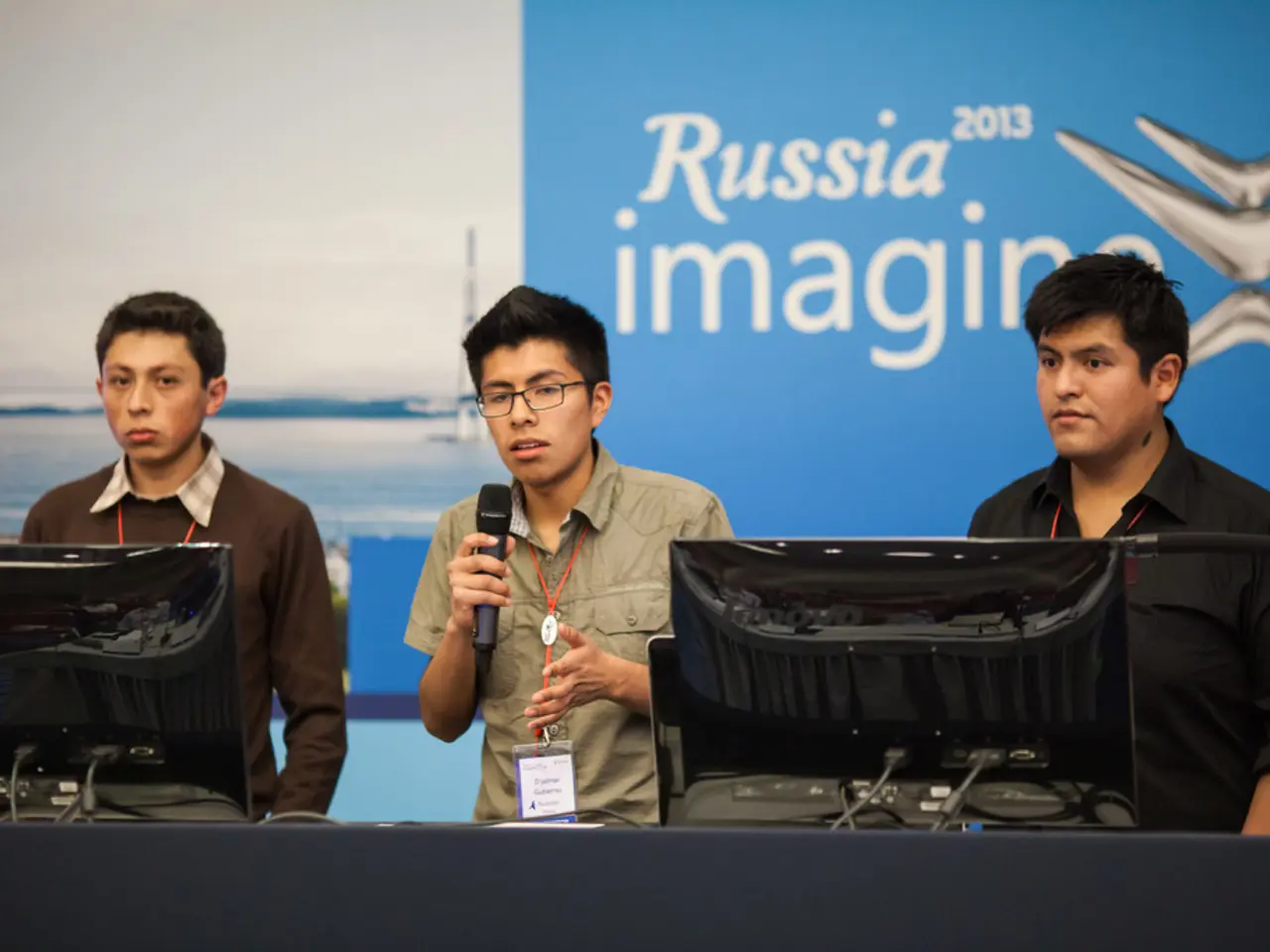Power supply failure leads to decline in electric vehicle market in Russia
In the first half of 2025, the electric vehicle (EV) market in Russia continues to face significant challenges, with a 57% decrease in new EV sales compared to the same period in 2024. This slump in demand is reflected in the import of used EVs, which has also slowed down by 30%.
The low market penetration of EVs in Russia can be attributed to several factors. One of the main issues is the poor reliability of EVs in harsh Russian winters and climates, making them unsuitable for the country's conditions. As a result, most EVs sold in Russia are used imports rather than domestically produced models. Local manufacturers like AMBERAUTO are just beginning to enter the market, with plans to sell 1,000 EVs in 2025.
Economic and political factors also play a significant role in the underdevelopment of the EV market in Russia. The country faces economic sanctions and limited foreign investment, reducing the incentive and resources for rapid EV market development. Additionally, the lack of robust state policies or subsidies for EV adoption, compared to many European or Chinese markets, restricts demand.
Another challenge is the infrastructure deficit. The charging infrastructure for EVs is underdeveloped, with most charging stations located in large cities, making long-distance travel difficult. This lack of infrastructure limits consumer confidence and utility of electric vehicles.
To improve the market for ecologically friendly EVs in Russia, several measures can be taken. Firstly, stronger policies such as subsidies for EV buyers, tax reductions, and incentives for local EV manufacturing can stimulate demand and supply. Widespread, reliable public and private charging stations are essential to support EV adoption, and the Ministry of Industry and Trade wants to expand the program to include the construction of full-fledged hubs - where multiple stations are located in one place.
Encouraging domestic EV manufacturers with investment and technology partnerships can reduce reliance on used imports and adapt vehicles to local conditions. Russia may need to provide ongoing financial and regulatory support to make green technologies profitable and attractive for consumers and producers, similar to what has been necessary in other regions.
Despite the challenges, there are signs of progress. In 2022, 3,000 electric cars were sold, in 2023 - 14,100, and in 2024 - 17,800. Brands like Evolute, Avatr, Moskvich, and ORA are among the top 10 electric vehicle brands by sales in the first half of 2025.
However, the high price of electric cars remains a significant barrier to their widespread adoption, despite benefits such as exemption from transport tax and free parking. The limited mobility of electric cars is also a concern for potential buyers, as they are dependent on electric charging stations (ECS) for refueling. Electric vehicles take several hours to a whole day to charge, and there are only around 2,500-3,000 fast-charging stations in the country.
In conclusion, the almost nonexistent market for green electric vehicles in Russia results from low new EV sales, economic conditions, weak state incentives, and poor infrastructure, but can be improved through coordinated government action, infrastructure build-out, and support for domestic EV industry growth.
- The financial barriers preventing widespread adoption of electric vehicles (EVs) in Russia include their high cost, unlike in some developed markets where subsidies and incentives make EVs more affordable.
- As Russia seeks to strengthen its technology sector and promote a greener lifestyle, the focus on electric-vehicles could play a significant role in modernizing the country's transportation industry and aligning with global trends toward sustainable living.
- The continued evolution of technology in the automotive industry is driving innovation and development in electric vehicles (EVs), making it imperative for Russia to invest in this sector to remain competitive and attractive for domestic and foreign car manufacturers.




